Well, Church, happy birthday! Today is the Solemnity of Pentecost, the birthday of the Church, because on this day, Jesus and God the Father sent the Holy Spirit on the first Apostles to enliven them and enable them to preach the Gospel.
Today, we celebrate the joy of the Easter season for the last “official” time. It’s not that we don’t celebrate the joy of Easter every day, certainly every Sunday, but we do it with great joy in these special Easter days. For fifty days, we’ve been celebrating our Lord’s resurrection, his triumph over the grave, and his defeat of sin and death. We’ve been celebrating our salvation, because Christ’s death and resurrection has broken down the barriers that have kept us from God and has made it possible for us to live with God forever. In the last week, we’ve been celebrating our Lord’s Ascension, with His promise that though He is beyond our sight, He is with us always. And today, today we celebrate the wonderful gift of the Holy Spirit, poured out on the Church, who breathes life into nothingness to create the world, who recreates the world with power and might, and who pours out the power of forgiveness on a world hardened by sin.
The Hebrew word for Spirit is ruah, with is the same word they use for “breath.” So the Spirit who hovered over the waters of the primordial world also breathed life into our first parents, giving them not just spiritual life, but physical life, and life in all its fullness. The psalmist today makes it very clear that this Holy Spirit is the principle of life for all of us: “If you take away their breath, they perish and return to their dust. When you send forth your spirit, they are created, and you renew the face of the earth.” (Ps. 104:34).
It is this same Spirit that is poured out on our world, which often times doesn’t look very life-giving. This world of darkness of sin, of war and terror, of poverty and injustice, of sickness and death; this world can be recreated daily when the Spirit is poured out on hearts open to receive Him. This Spirit bursts forth from the believer into action: working in various forms of service, works and ministries to proclaim, not just in word, but most importantly in deed, that “Jesus is Lord” (1 Cor 12:3). Indeed, we can only make that proclamation if we have received and live in the Holy Spirit. The preface today makes that same claim: “This same Spirit, as the Church came to birth, opened to all peoples the knowledge of God and brought together the many languages of the earth in profession of the one faith.” We can’t say anything good about God, or the faith, either individually or as one, except in the Holy Spirit.
It is this same Spirit that is given to create the Church as Jesus breathes on the apostles on the evening of that first day of the week. In today’s Gospel reading, the Holy Spirit is given for the reconciliation of the sinner. Our Church picks up this theme in the Sacrament of Penance when the words of absolution tell us that “God, the Father of Mercies, through the death and resurrection of His Son, has reconciled the world to himself and sent the Holy Spirit among us for the forgiveness of sins.” Because it is in the forgiveness of rivalries, it is in the healing of broken relationships, it is in the restoration of peace and in the pardoning of sinners that God’s plan for creation is most fully realized.
That same Holy Spirit who hovered over the waters at the creation of the world now hovers over the Church. The apostles first received that Holy Spirit, but now it is poured out on us as well. Nothing that is truly good can be conceived of, nor realized apart from that Holy Spirit. As the sequence [which we sing tomorrow, but not today at the vigil Mass, tells us: “Where you are not, we have naught, nothing good in deed or thought, nothing free from taint of ill.” It is the Spirit who gives life, both physical and spiritual. It is the Spirit who speaks in our prayer, putting those prayers in our hearts in the first place, and uttering all of our inexpressible groanings when we cannot pray ourselves. It is the Spirit who gives gifts to enliven our works and ministries. It is indeed the Spirit who gives us faith to cry out, “Jesus is Lord.”
Having gathered today in this place on this great Feast, we now pray for not only an outpouring of that Holy Spirit, but also for the openness to receive that Spirit and the grace to let that Spirit work in us for the salvation of the world. We, the Church, need that Holy Spirit to help us to promote a culture of life in a world of death; to live the Gospel in a world of selfishness; to seek inclusion and to celebrate diversity in a world of racism and hate; to effect conversion and reconciliation in a world steeped in sin. Brothers and sisters in Christ, if people in this world are to know that Jesus is Lord, it’s got to happen through each one of us. One life and one heart at a time can be moved to conversion by our witness and our prayer. Let us pray, then, that the Holy Spirit would do all that in us.
Come, Holy Spirit, fill the hearts of your faithful, and kindle in them the fire of your love. Send forth your Spirit, and they shall be created, and you shall renew the face of the earth. Amen.
Christ is risen! He is risen indeed! Alleluia!
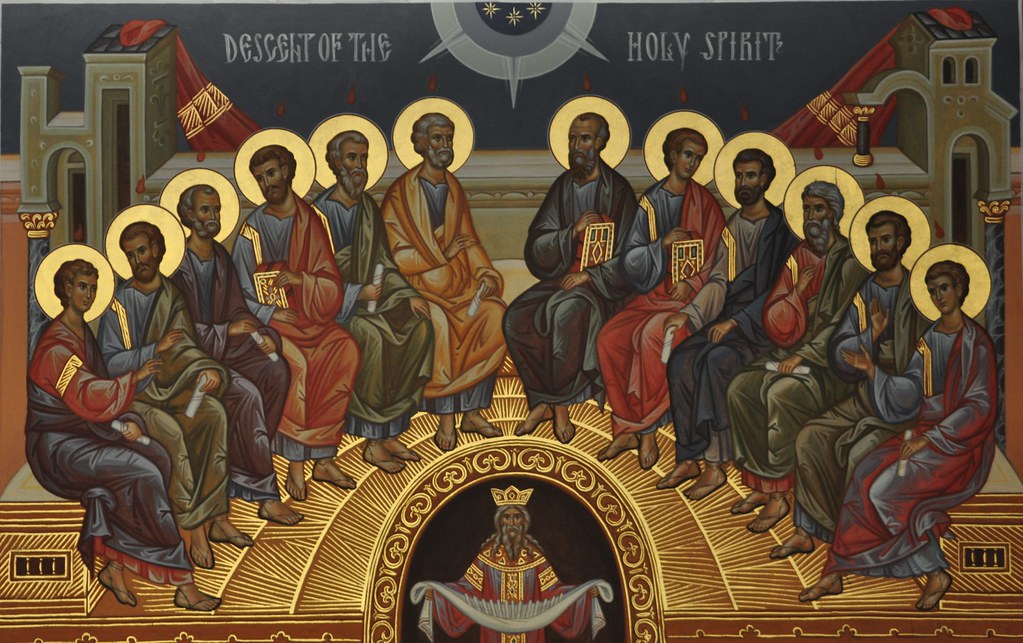

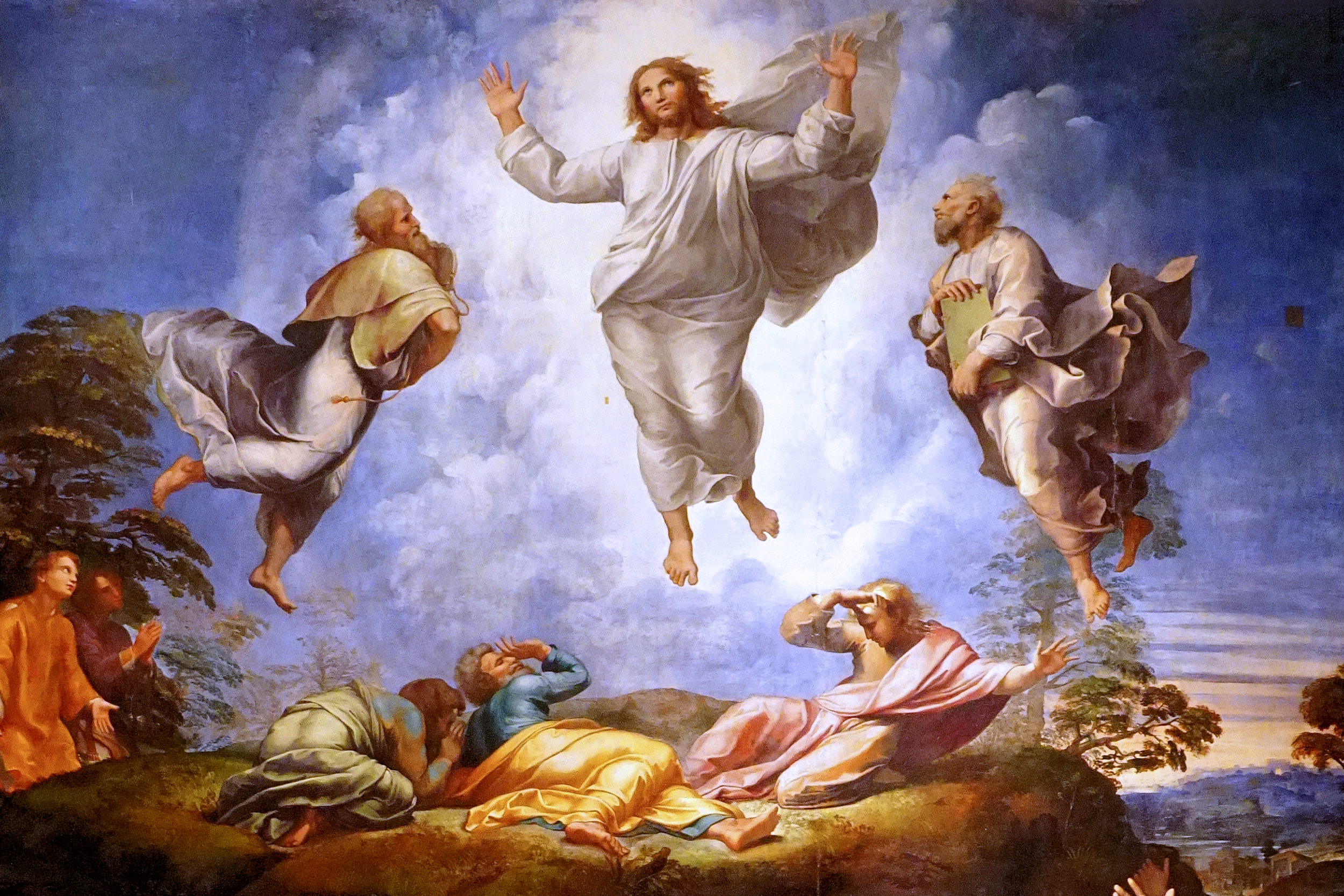
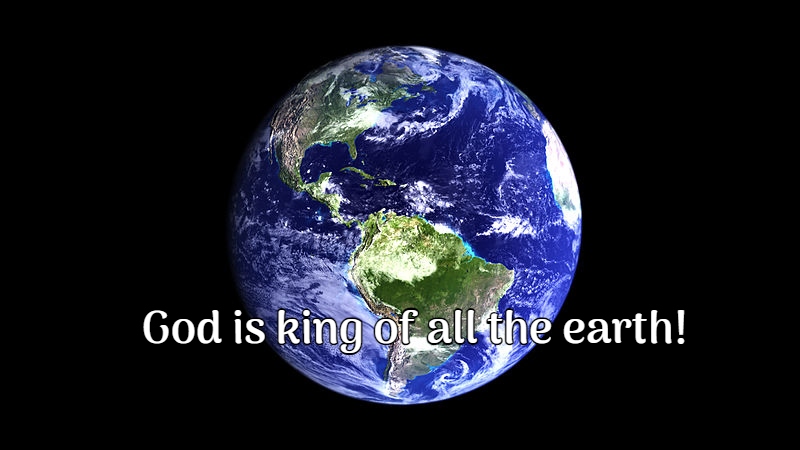



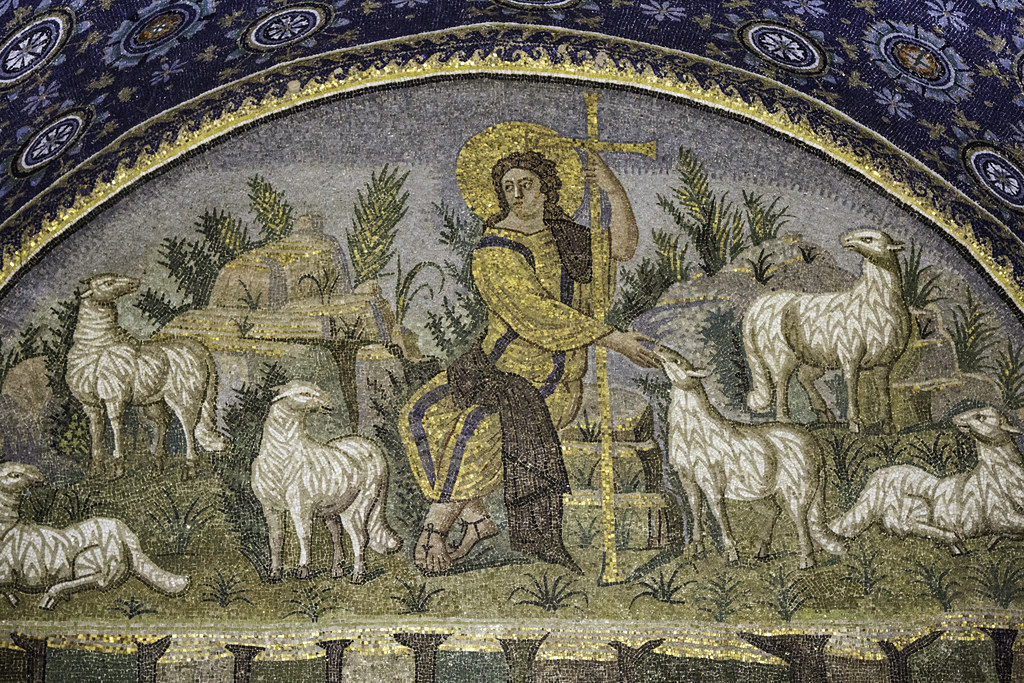

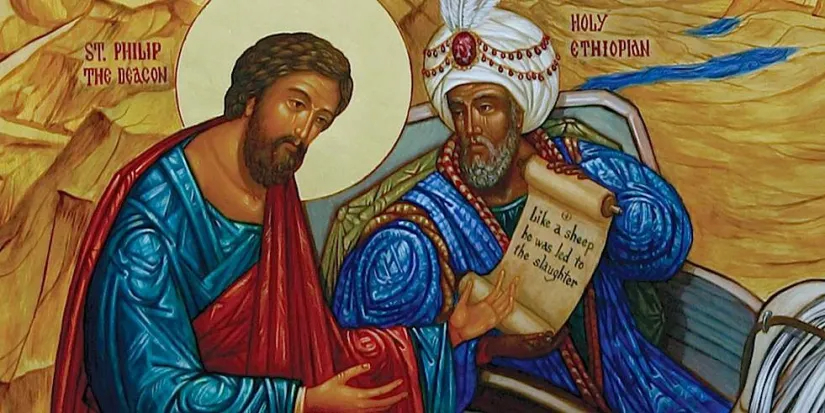
You must be logged in to post a comment.